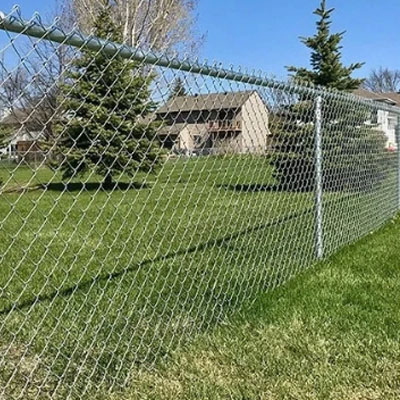Highway barrier walls are essential structures designed to enhance road safety and improve traffic management. These barriers serve multiple purposes, primarily aimed at preventing vehicles from veering off the road or colliding head-on with oncoming traffic. The importance of highway barrier walls cannot be overstated, as they play a crucial role in reducing accidents and saving lives on busy highways.
Constructed from various materials such as concrete, steel, and plastic, highway barrier walls are engineered to absorb the impact of vehicles while minimizing damage. Concrete barriers, often referred to as Jersey barriers, are widely used due to their durability and effectiveness in redirecting vehicles back onto the road. These barriers are particularly beneficial on highways with high-speed traffic, where the likelihood of severe accidents is significantly increased.
In addition to their primary function of preventing collisions, highway barrier walls also serve to delineate lanes and guide drivers, creating a clearer visual pathway for navigation. This is particularly important in areas of heavy traffic or in complex road systems, where confusion can lead to dangerous situations. By providing a physical separation between opposing lanes of traffic, barrier walls contribute to a safer driving environment.
highway barrier walls

Moreover, highway barrier walls can also reduce noise pollution. In urban areas where highways run close to residential neighborhoods, concrete sound barriers can effectively muffle the noise produced by passing vehicles. These specially designed barriers are often taller or have sound-absorbing materials to enhance their effectiveness, thus improving the quality of life for residents living nearby.
Environmental concerns are also taken into account in the design and placement of highway barrier walls. Many modern barriers incorporate features that allow for better drainage and erosion control, helping to protect the surrounding landscape. Additionally, some designs include green elements, such as living walls, which promote biodiversity and can positively impact the local ecosystem.
In conclusion, highway barrier walls are a vital component of modern road infrastructure. They enhance safety, improve traffic flow, and reduce environmental impacts, making highways safer for all users. As technology advances, the design and materials of these barriers will continue to evolve, further improving their effectiveness and sustainability. Investing in robust highway barrier systems is crucial for fostering safer roadways and protecting lives on our highways.
-
The Best Metal Mesh Solutions: Expanded Aluminum Metal vs. Expanded Stainless Steel Metal
NewsSep.10,2024
-
Round Perforated Sheets vs. Hexagonal Perforated Sheets vs. Embossed Perforated Sheet Metal
NewsSep.10,2024
-
Perforated Metal Sheets
NewsSep.10,2024
-
Experience The Excellence Of Stainless Steel Grating
NewsSep.10,2024
-
Discover the Versatility Of Metal Mesh Expanded Forming Machines
NewsSep.10,2024
-
Discover The Advantages Of Steel Grating For Sale
NewsSep.10,2024
Subscribe now!
Stay up to date with the latest on Fry Steeland industry news.

